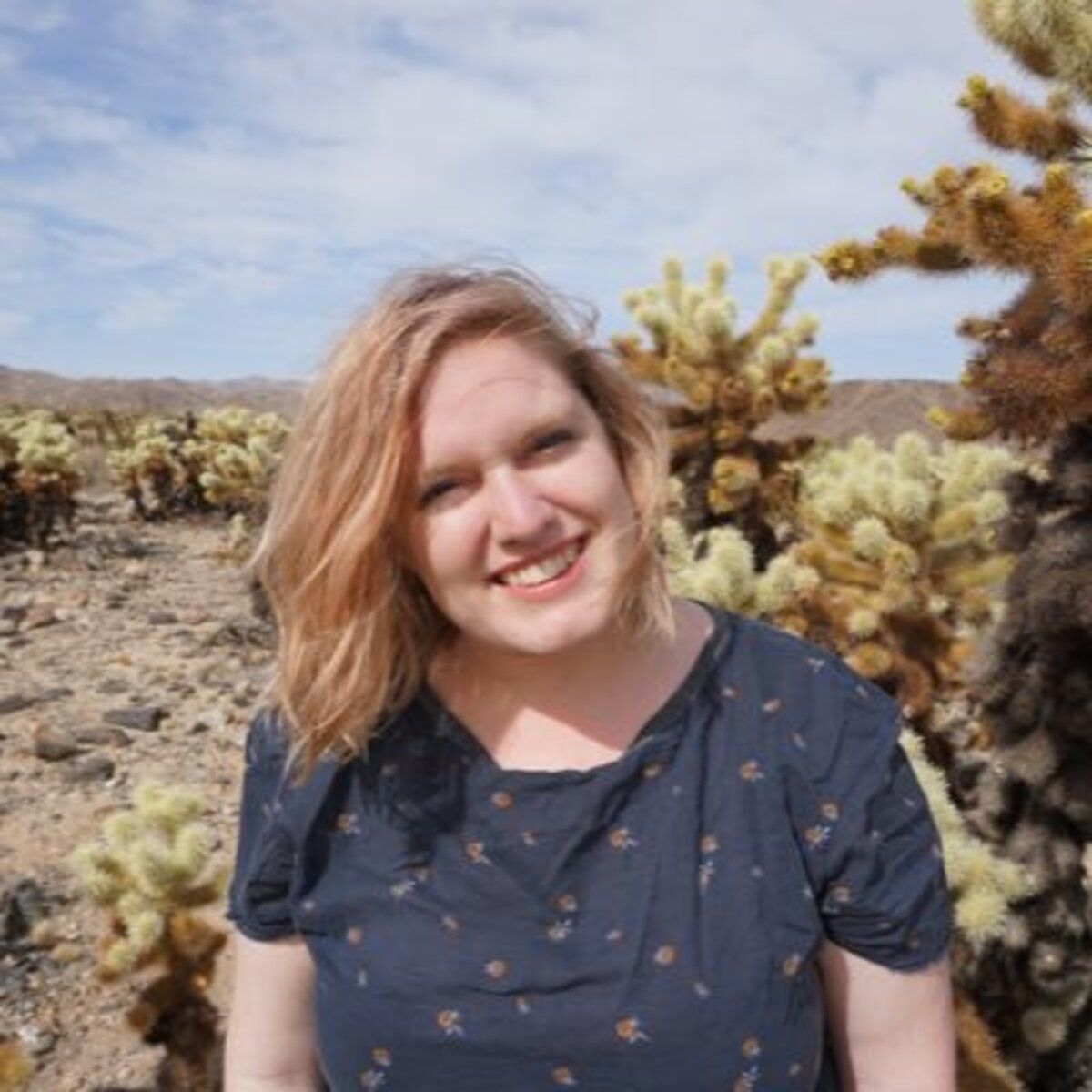- Home
- Posts
- Playbook: How to answer the most important question in any Customer Success interview
Playbook: How to answer the most important question in any Customer Success interview
Feel prepared and confident in your next interview

Dec 5, 2024
Upgrade to Pro to access this resource.
Upgrade to Pro to access strategic resources to help you get a job in Customer Success.
Upgrade